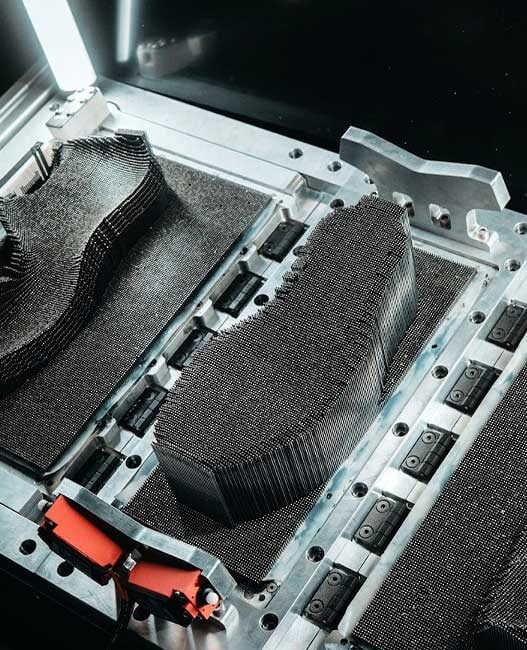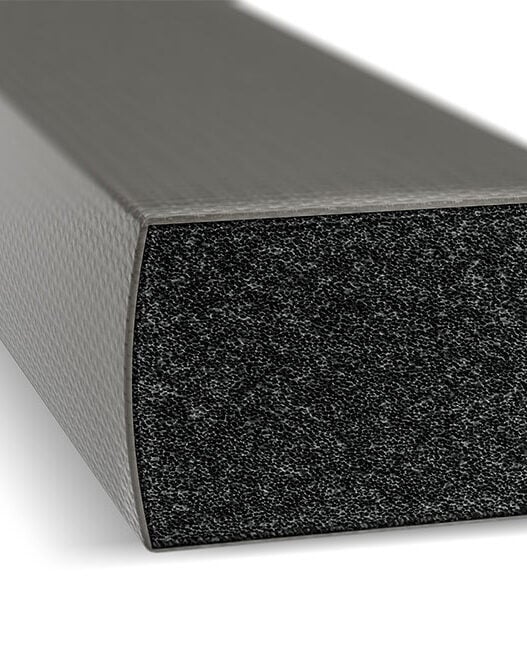The fourth Global E-waste Monitor (GEM) has disclosed that the global generation of electronic waste is increasing five times faster than documented recycling efforts, with a record 62 million tonnes produced in 2022, representing an 82% rise since 2010.
The report also indicates that less than a quarter of the e-waste generated in 2022 was properly documented and collected, leaving US$62 billion worth of recoverable natural resources unaccounted for and posing significant pollution risks to communities worldwide.
Emma Armstrong, Sustainable Electronics Ambassador at In2tec, said: “The GEM should be a wake-up call for politicians, manufacturers, and consumers.
“This is yet another siren for the waste of our planets’ precious resources, including the rare earth metals required for making everyday devices. The health and environmental hazards presented by toxic ewaste are many. Waste electronics contain substances like mercury and lead, which can cause damage to the human brain and vital organs as well as killing off our beautiful wildlife.
“We need to recognise that recycling, while vital, is not enough. The current widely used inefficient processes to recover materials destroy a lot of value and are costly in terms of emissions and energy”.
“The reuse and refurbishment of electronics is the way forward. Society needs to turn away from disposable tech and embrace products designed to be disassembled and modular. Repair and reuse are affordable, easy options, but legislation preventing throwaway electronic goods needs to be a priority for lawmakers.”
The GEM report stresses that if countries could increase e-waste collection and recycling rates to 60% by 2030, the benefits—including reducing human health risks—would outweigh the costs by over US$38 billion.
Historically, circularity in the electronics industry has been seen as economically unfeasible due to technical challenges. The stress on de-soldered components during the reclamation process can limit the potential to recover viable components, and the process is slow, costly, and energy-intensive.
However, In2tec has developed two patented technologies—ReUSE, which involves the manufacturing of unzippable electronics assemblies (PCBAs), and ReCYCLE, an ultra-low energy disassembly process—that enable full end-of-life disassembly, reuse, and recyclability.
“Because of the current short-term view of electronics, valuable and dwindling materials that could be used to develop technological solutions to humanity’s problems are rotting in landfill,” Emma concluded. “It’s hard to fathom how this is allowed to happen when there are viable and cost-effective solutions available.”














